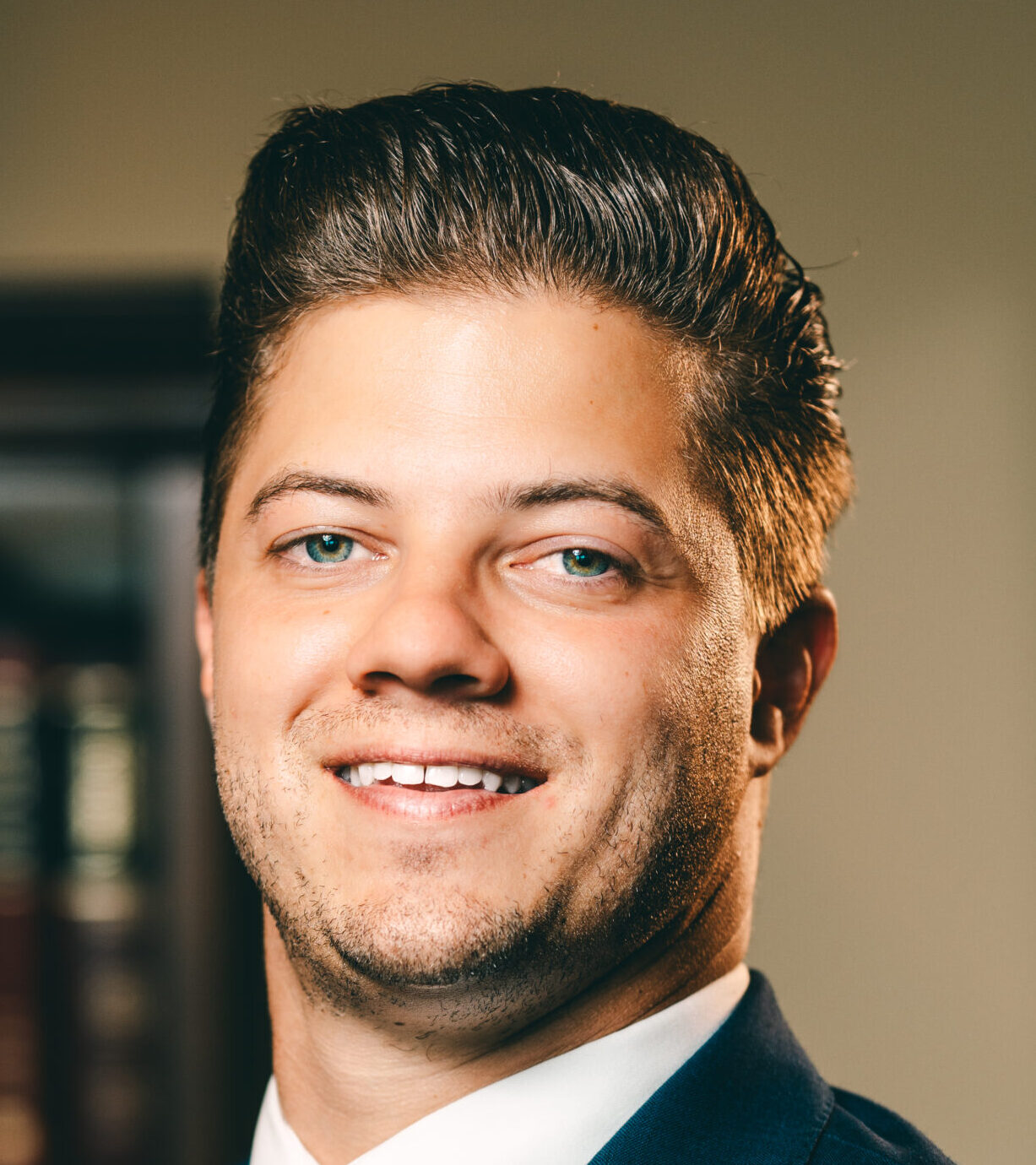In Morrissey v. Wellington Regional Medical Center, 50 Fla. L. Weekly D1737 (Fla. 4th DCA 2025), the Fourth District Court of Appeal reversed a trial court ruling that had improperly forced a physician into arbitration — even though the hospital trying to compel arbitration was not a party to the employment contract that contained the arbitration clause.
The facts: Dr. Morrissey entered into an employment contract with Blue Radiology Services, which required mediation and then arbitration of disputes. The hospital, Wellington Regional, was mentioned in the contract only as the facility where Morrissey would provide services — but it was not a signatory, and it was not expressly named as a third-party beneficiary.
Later, when the relationship broke down and Morrissey sued both his employer and the hospital for defamation and tortious interference, the hospital moved to compel arbitration under the employment contract’s dispute resolution clause.
The trial court agreed and ordered arbitration. But the Fourth DCA reversed, holding that Wellington Regional was not entitled to enforce the arbitration clause because it was not an intended third-party beneficiary of the contract. Merely being named as the worksite or referenced operationally wasn’t enough.
The court’s message was clear: only parties to a contract — or clearly intended beneficiaries — can invoke its arbitration provisions.
Takeaway: If your client wants to enforce an arbitration clause, make sure they have standing to do so. Courts won’t stretch contract language to pull non-signatories into the protective scope of dispute resolution provisions — especially in employment contracts.
At Boatman Ricci, we help clients structure and challenge arbitration clauses with an eye toward enforceability and risk.
Need to compel or resist arbitration? Contact our team for strategic advocacy.”

